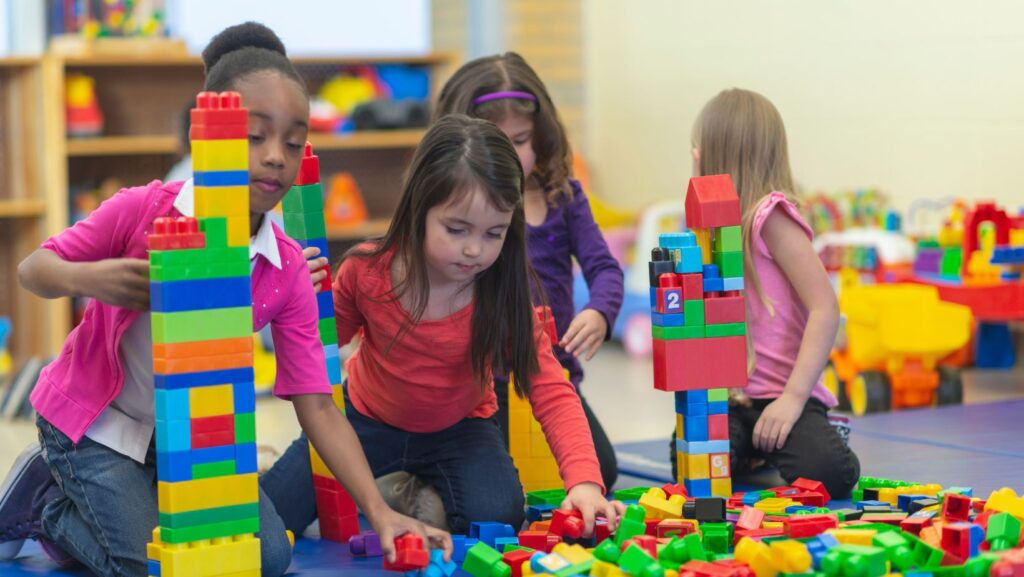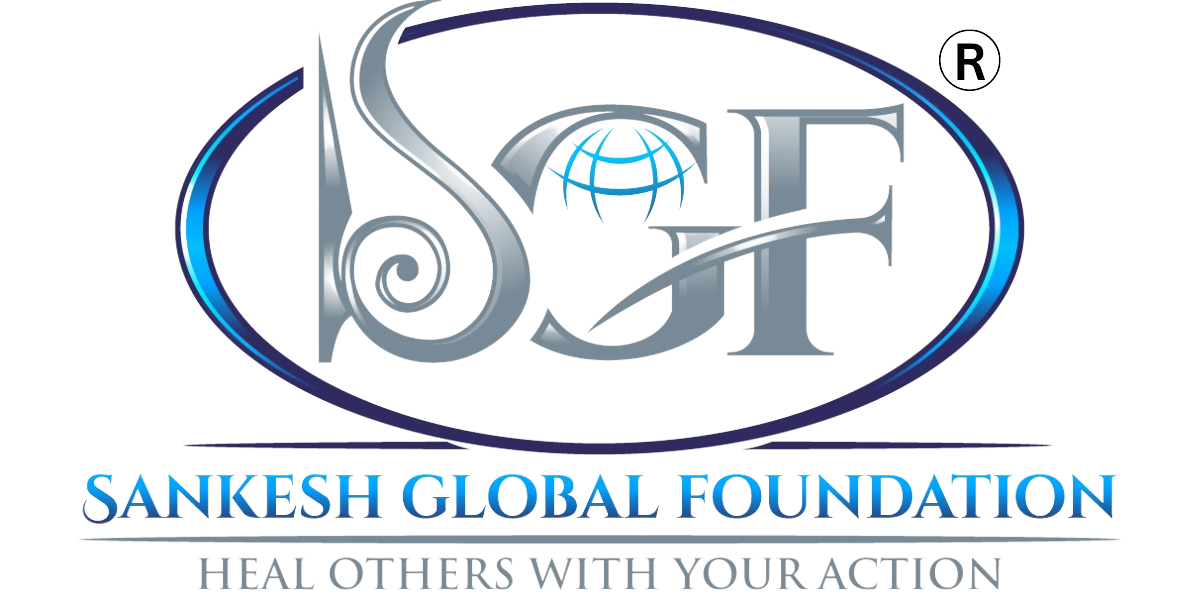In a world brimming with challenges, it’s heartening to witness the profound transformation that sports can bring to communities. Non-governmental organizations (NGOs) are at the forefront of harnessing the potent combination of sports and community development to drive positive change. This blog explores the captivating journey of Sports for Development and how NGOs are leveraging it to transform communities worldwide.
The Essence of Sports for Development
At the core of this transformational approach lies the concept of Sports for Development. It’s a multifaceted strategy that deploys sports as a catalyst for holistic community change. Let’s dive deeper into the ways NGO like Sankesh Global Foundation is employing this strategy to reshape communities and improve lives.
Inclusivity as the Bedrock
One of the fundamental tenets of Sports for Development is inclusivity. NGOs are dedicated to ensuring that sports are accessible to everyone, transcending barriers of age, gender, and physical ability. In doing so, they not only break down societal divides but also foster diversity, acceptance, and unity within communities.

Empowering the Youth
Empowering the youth is another pillar of this transformative approach. NGOs in India provide young individuals with opportunities to engage in sports, not just for physical exercise, but also as a platform for life skill development. In disadvantaged communities, sports offer a lifeline away from negative influences, nurturing self-confidence and resilience for a brighter future.
Promoting Health and Wellness
Sports are not only a source of joy but also a vehicle for improved community health. NGOs frequently employ sports to promote healthier lifestyles, combating issues such as childhood obesity and sedentary behavior. By encouraging physical activity, they contribute to the overall well-being of community members.

Fostering Teamwork and Unity
Sports, especially team sports, naturally teach invaluable life lessons. They underscore the importance of teamwork, effective communication, and shared goals. This sense of unity cultivated on the field often extends to other facets of community life, aiding conflict resolution and strengthening social bonds.
Ground-Up Initiatives
The magic of Sports for Development frequently begins at the grassroots level. Local NGOs collaborate closely with community members to organize sports events and activities. These initiatives serve as a catalyst, bringing people together and nurturing a sense of belonging.
Play-Based Learning
Many NGOs integrate play-based learning into their programs. This synergistic approach melds education with sports, allowing children and youth to partake in activities that not only keep them physically active but also enhance cognitive and social skills. The result: not just healthier bodies but also sharper minds and more resilient character.

Illustrating the Impact
To illustrate the real-world impact of Sports for Development, let’s explore some inspiring examples:
1. Grassroot Soccer
Operating in Africa, Grassroot Soccer utilizes soccer as a medium to educate youth about HIV/AIDS prevention. Through soccer clinics and educational programs, they’ve reached over 2 million young people with life-saving information.
2. Right to Play
With operations spanning more than 20 countries, Right to Play empowers children through sports and play. They’ve touched the lives of over 2.3 million children with programs that promote education and life skills.
3. Slum Soccer
Based in India, Slum Soccer harnesses football to bring about positive social change in the lives of marginalized youth. Their focus areas encompass life skills, gender equality, and community development.
4. Street Football World
This global network of organizations deploys football as a means to drive social change. They collaborate with local partners to establish safe spaces for young people and promote social inclusion.
A Brighter Tomorrow
As we gaze into the future, the role of Sports for Development appears to be expanding. The impact of NGOs championing this cause is undeniable. Sports are not just games; they are instruments for imparting essential life skills, promoting inclusivity, and enhancing overall community well-being.
In conclusion, the power of play is formidable. NGOs like Sankesh Global Foundation (SGF) are harnessing the transformative potential of Sports for Development to reshape communities, foster inclusivity, empower youth, and promote healthier lifestyles. They’re not merely teaching people how to play a sport; they’re teaching them how to lead healthier, happier, and more connected lives. As we continue to witness the positive impact of sports on communities, it’s clear that sports are not merely pastimes but catalysts for enduring change.

